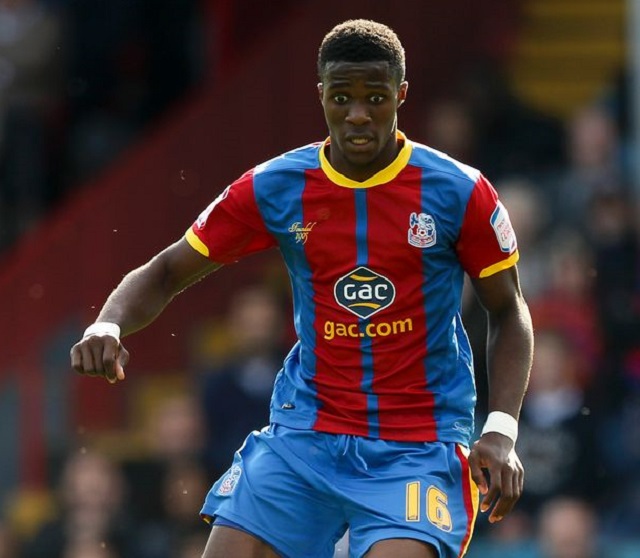
The Sunday News

JOHANNESBURG — The African Cup of Nations returns to Gabon for the second time in five years. Libreville, the capital city of palm tree-lined Atlantic Ocean beaches and French colonial villas, and Franceville, deep inland in the jungle and the last stop on the railway line that cuts across the country, staged games when Gabon co-hosted with Equatorial Guinea in 2012.
Now, Gabon gets the 16-team, 23-day tournament all to itself, bringing in two new venues that have barely seen any kind of soccer before, let alone a top international championship involving European league superstars.
Oyem, a town in the far north surrounded by rubber plantations, will be home to defending champion Ivory Coast for the group stage. Hopefully for Manchester United defender Eric Bailly and teammates, who include Wilfried Zaha from Crystal Palace who grew up in England and recently opted to play for the African country, they’ll be in one of only a few hotels listed with the luxury of hot water.
Port-Gentil, the southern centre of Gabon’s oil industry, is the second new city. Both have stadiums that were being built right up to deadline and not many have set eyes on the finished, or possibly unfinished, products.
The African Cup always has vibrant colour, fans painted head to toe and in an array of wacky outfits, and competing countries you’re unlikely to ever see at the World Cup, even when it’s expanded: Guinea-Bissau qualified this year, its first appearance at a major tournament and the first time it’s really come anywhere close to the big time.
But the African championship is also an event that flirts with calamity. Two years ago at the tournament in nearby Equatorial Guinea, there were brawls between players on the field and riots in the stands when security forces waded in among supporters wielding batons and an army helicopter hovered so dangerously low in the stadium that its rotors whipped up debris and scattered the spectators.
This year, observers wonder how the Gabonese security forces will react if there are angry protests.
In Africa, there are other problems to contend with, too: In 2012, Ghana captain Asamoah Gyan contracted malaria, luckily a mild strain, in Franceville. He recovered and played a couple of days later.
This is a soccer event like no other, and comes around more often than the others, with the Confederation of African Football still bucking the trend of other major tournaments and staging its showpiece every two years, not every four.
Among the title contenders over the next three weeks — kickoff is on Saturday and the final is on February 5 — Ivory Coast is striving for the rare achievement of back-to-back African titles after the team finally ended a long drought two years ago.
There are two significant absences for the Ivorians this time, though, with powerful midfielder Yaya Toure, its driving force last time, retired from international soccer and victorious coach Herve Renard now in charge of group opponent Morocco.
Algeria and Senegal produced eye-catching performances in qualifying, with those teams spearheaded by Premier League talents Riyad Mahrez of English champion Leicester and Sadio Mane of Liverpool, respectively. Ghana has lost two finals and three semifinals in the last five tournaments and will continue its increasingly desperate search for a long-awaited first title since 1982, and, it hopes, an end to its African Cup misery.
Egypt, the record seven-time champion, is back after failing to qualify at all for the last three cups. The last time Egypt qualified it won a third straight title, but its story is one of the best reminders that kings, or Pharaohs in this case, can easily fall off their thrones in the tumultuous world of African soccer.
Similarly, paupers can become princes. Like Zambia in 2012, unexpectedly becoming champion in Libreville nearly 20 years after a plane crash in that city tragically wiped out its entire team.
This year, Guinea-Bissau will have second- and third-division players from Portugal and Romania when it takes on host Gabon and Germany-based star Pierre-Emerick Aubameyang.
Also, Uganda is back for the first time since losing the 1978 final. When Uganda last played at the African Cup, Pele had only just retired and Diego Maradona was a 17-year-old upstart.
— The Star/Associated Press



